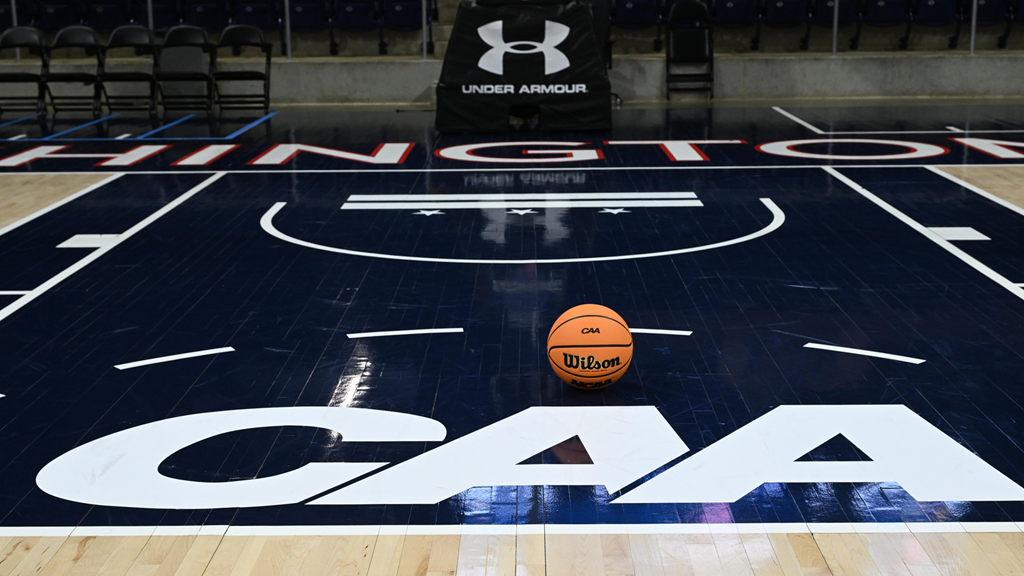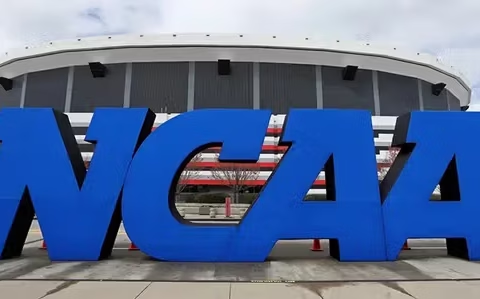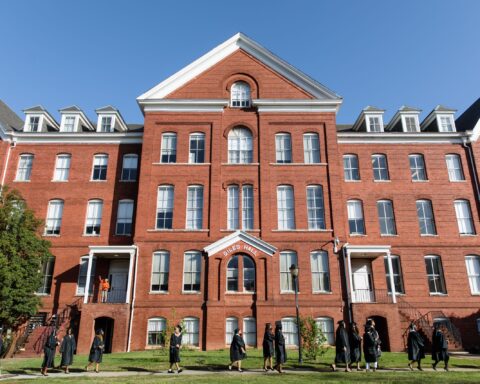Learn how UMES athlete pay settlement affects HBCU student-athlete compensation, NIL rights, and recruitment strategies.
The University of Maryland Eastern Shore declared its intent to the NCAA and Mid-Eastern Athletic Conference to opt into the House v. NCAA settlement.
While awaiting final approval of roster limits, UMES declared its intention to opt in.
Understanding the UMES Athlete Pay Settlement
This would allow the university to compensate student-athletes directly and ensure a high standard of financial support, the school said in a news release.
Though opting into the settlement is not mandatory for all Division I institutions, many schools have chosen to do so. In addition, the settlement is subject to final approval by a federal court, while the specific terms and implementation timeline may still be subject to change.
What does opting in mean?
Institutions that opt in will also be subject to new roster limits and scholarship guidelines. This antitrust settlement, valued at over $2.8 billion, addresses past restrictions on student-athlete compensation and establishes a revenue-sharing framework.
While schools in the power conferences (SEC, Big Ten Big 12, ACC and Pac-12) will be automatically bound by the terms of the settlement, schools outside those conferences had the choice to opt in or out to the settlement. Schools that opt out will not be able to directly pay players through revenue sharing.
“The decision to opt in to the settlement allows for financial support and revenue sharing to give student-athletes a real opportunity to earn income while acknowledging the time, talent, and energy student-athletes bring to UMES,” Vice President of Athletics & Recreation Tara A. Owens said in a statement. “We continue to explore all avenues to establish and maintain competitive teams while providing an optimal collegiate experience for our student-athletes.
Owens said the decision “will not increase the financial investment the university makes” athletics.
“UMES will utilize our department resources strategically and cultivate new pathways for student-athlete financial support,” Owens said. “We are excited about the new landscape of college athletics and the future of Hawk athletics.”
UMES Athlete Pay Settlement and NIL Benefits
In specific reference to NIL, the settlement aims to create a more equitable model for college athletics, ensuring that student-athletes receive fair compensation and support.
Participating schools can now offer direct NIL payments and other financial benefits to student-athletes, potentially including scholarships above the NCAA’s previous limits. Schools can also engage in direct NIL contracts with student-athletes, such as licensing agreements, endorsement deals and brand promotion agreements.
“Furthermore, opting into the settlement aims to enhance the student-athlete experience, increase visibility and access, and ensure competitive recruitment and positioning within the MEAC and Northeast Conference,” the school said in the release.
For scholarship and roster management purposes, opting into the settlement allows schools, including UMES, to use a portion of their athletic revenue to directly benefit student-athletes, and scholarship limits may be eliminated.






